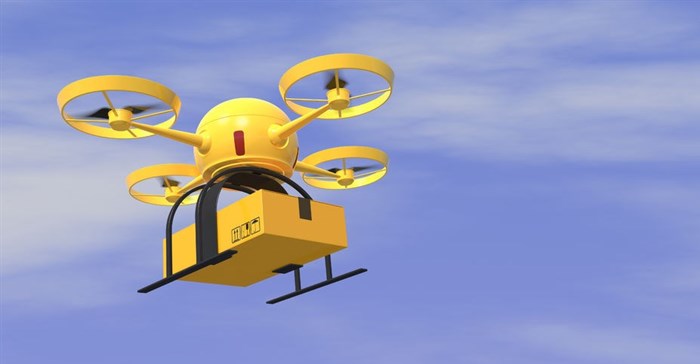Shoppers desire degree of control over retail technology

“Consumers clearly indicated that they have a conservative appetite for retail techologies that requires deep personal data and make decisions on their behalf,” said Mike Webster, senior vice president and general manager at Oracle Retail and Oracle Hospitality.
“This signals brands to focus on building a strong foundation to win trust. Warm attitudes toward utilising virtual reality and receiving recommendations for custom-made accessories produced with 3D printing points to consumers’ willingness to adopt new technologies if they are in control of their experience.”
The report results provide a benchmark for where consumers are on the retail technology adoption lifecycle and the impact on retail in the next eight years. The Retail 2025 Report polled 709 consumers in February 2017.
Smart gets smarter
• 64% of respondents liked the option of using virtual reality to navigate a personalised in-store experience and having a hand-picked wardrobe to try on in-store
• 58% of consumers indicated a positive attitude toward the idea of having their grocer suggest a shopping list for their approval based on purchase history, social and environmental data
• 54% of respondents indicated that having a grocer automatically charge and ship items based on purchase history, social and environmental data was invasive
Fast gets fierce
Velocity in fashion is critical and it will only get faster. 3D printing and drone delivery will accelerate the product design to consumer process from months, to days and eventually hours.
• 67% of consumers like the option of near real-time delivery to their doorstep by drones
• 64% of consumers responded favourably to the concept having a retailer suggest a custom-made accessory for them produced with 3D printing
• 57% of consumers find apparel recommendations from robots based on their social media profile invasive
Personalisation gets perfected
Consumers are wary about volunteering data necessary for personalisation but still look for a tailored experience, reinforcing the need for stronger brand relationships. On the flip side; there is a clear difference in consumer expectation for retailers to make data available and customise information about components, origin and recalls to their specific buying patterns.
• 54% of respondents viewed the concept of linking their wearable activity tracker to their pharmacy so they can suggest products to meet specific health and wellness needs as favourable
• 78% favour the option of having detailed information about product components (e.g., cotton, spandex, etc) and their origin prior to purchase
• 46% of respondents indicated that receiving real-time alerts on current product recalls, and time since last recall by a manufacturer, based on previous purchase history would improve their experience